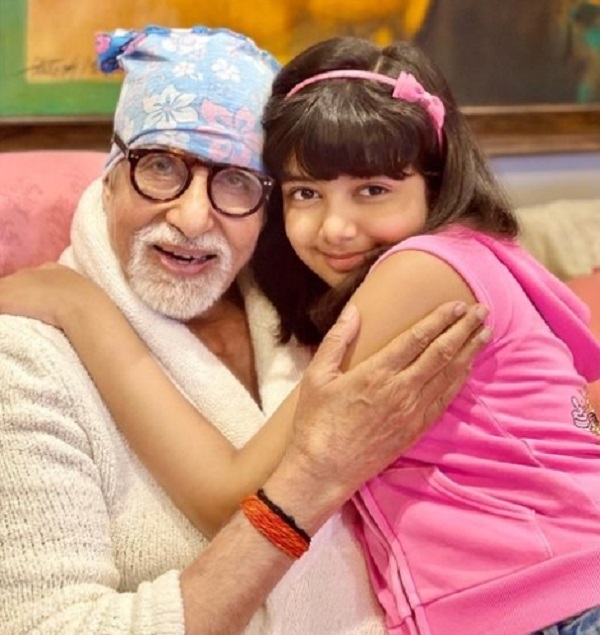(Samajweekly) As the controversy of fake news on megastar Amitabh Bachchan’s granddaughter’s ill health unfolds, the Delhi High Court takes a dig at video-sharing platform YouTube for not regulating the content on its platform.
While restraining a number of YouTube channels from spreading or continuing to broadcast videos that make false claims regarding Aishwarya Rai and Abhishek Bachchan’s daughter Aaradhya, Justice C. Hari Shankar said that the streaming platform’s ‘no tolerance policy’ is “faulty”.
“If you are making money out of what you are doing, you have a social responsibility. You can’t allow such things to be posted on your platform. You acknowledge that there are certain things for which you have zero tolerance. Why should this not fall in that category? That means your policy is faulty,” the judge said.
Aaradhya has encountered trolls frequently for a variety of reasons. When the 2021 film ‘Bob Biswas’ was being promoted, enraged father Abhishek retaliated against the haters who were continuously harassing his daughter.
Recently, the fact-check unit of Press Information Bureau (PIB) had busted three YouTube channels which were spreading false information in India, according to the government.
The channels in question had nearly 33 lakh subscribers and their videos, almost all of which were found to be fake, were watched over 30 crore times.
The YouTube channels use fake and sensationalist thumbnails to mislead viewers into believing that the content is authentic.
Some channels also display advertisements on their videos, and monetising misinformation on YouTube.
Aaradhya’s case raises an eyebrow on YouTube’s responsibility and action against such content.
During the hearing, the court further remarked that the platform cannot get away by saying that it is merely an intermediary and not putting up such videos.
“You are providing a facility to misinform the public. It’s like saying the Times of India says that I am only providing paper and ink and you can write anything on the paper. You are providing a platform on which misleading information is being provided to the public. How can this be tolerated,” the judge said.
It said that YouTube should have a policy in place to tackle such videos.
“You have responsibility to see that proper information is disseminated. Why don’t you have a policy in matters like this,” the bench asked.
The court put up the matter for further hearing on July 13.
The court was also told that Aaradhya and her family members’ images have been morphed and misused for disseminating false information and generating profits.
In one instance the images were morphed into a corpse.









